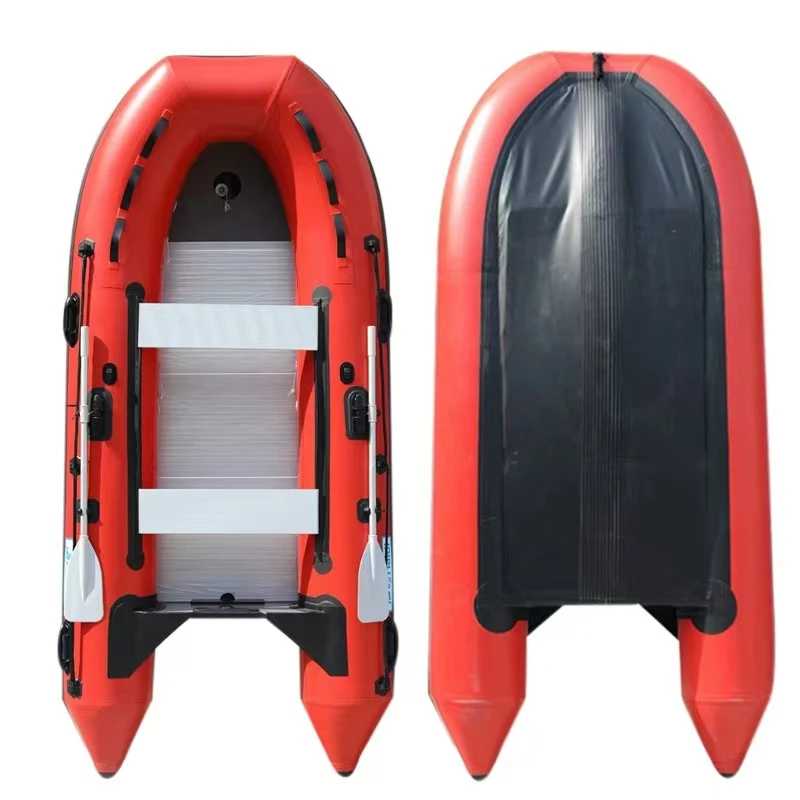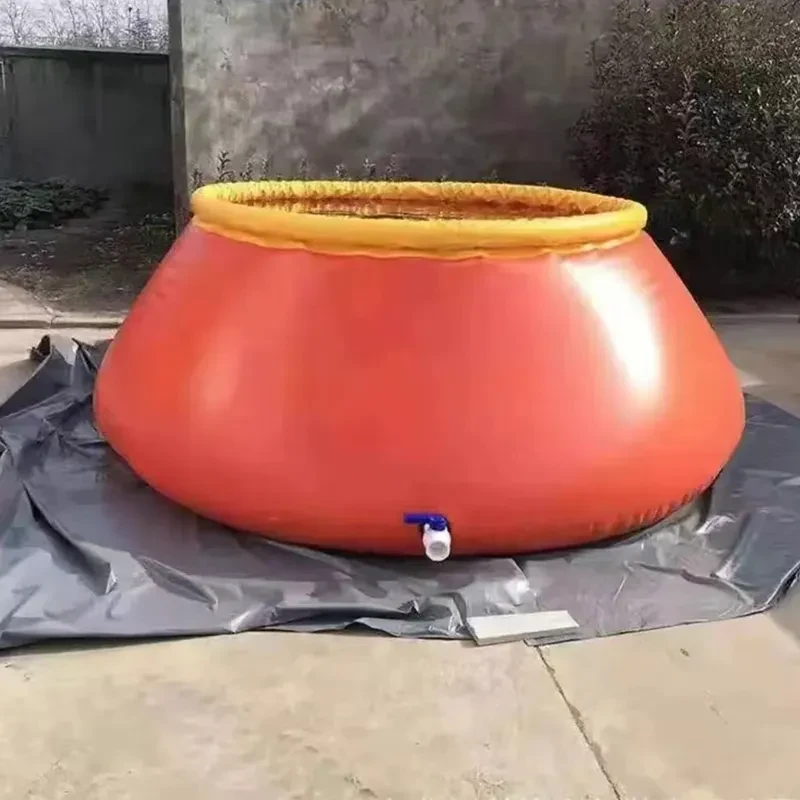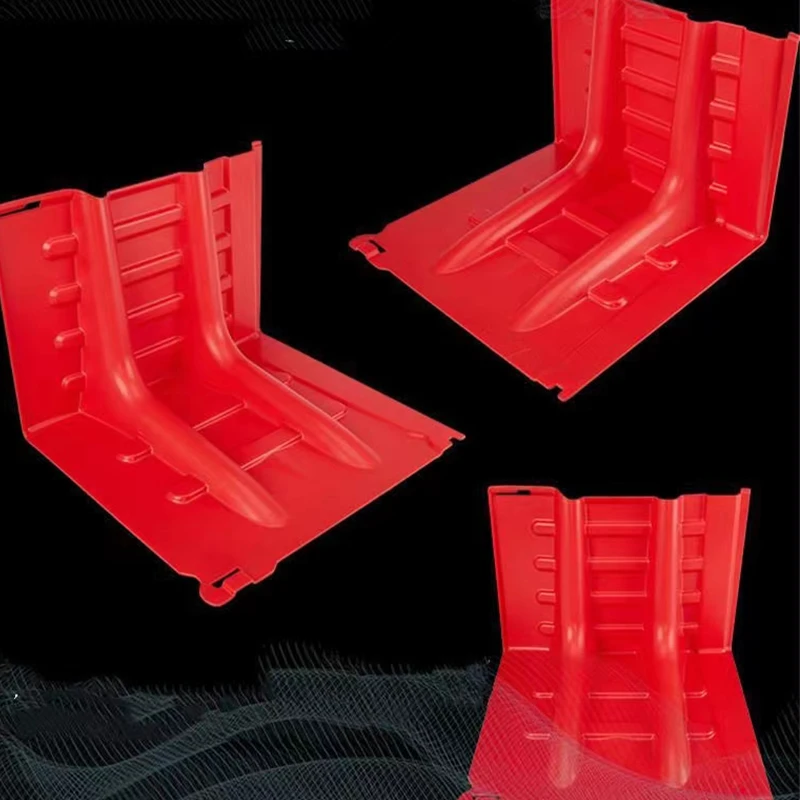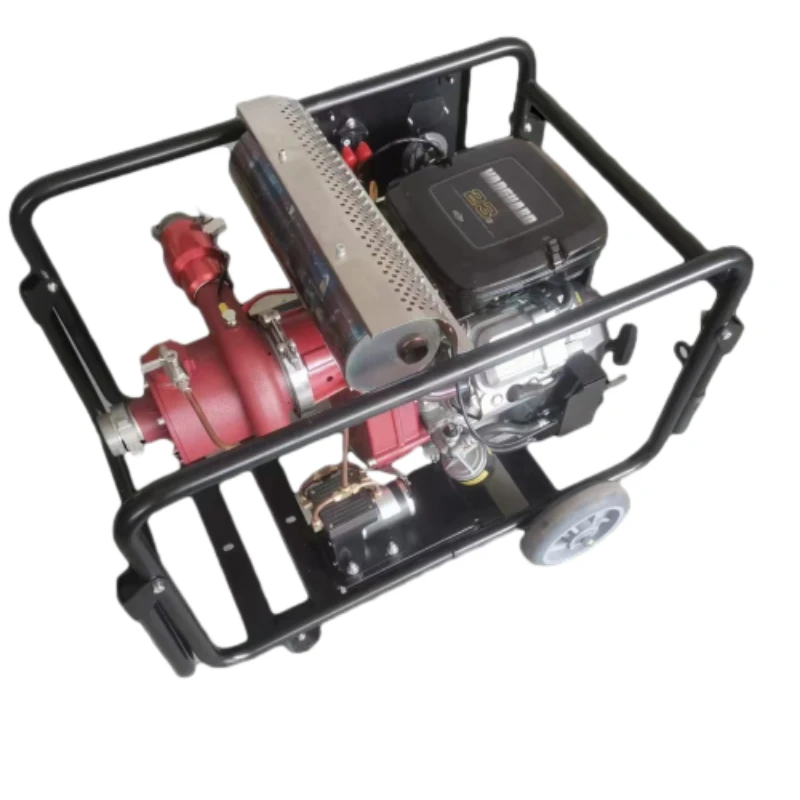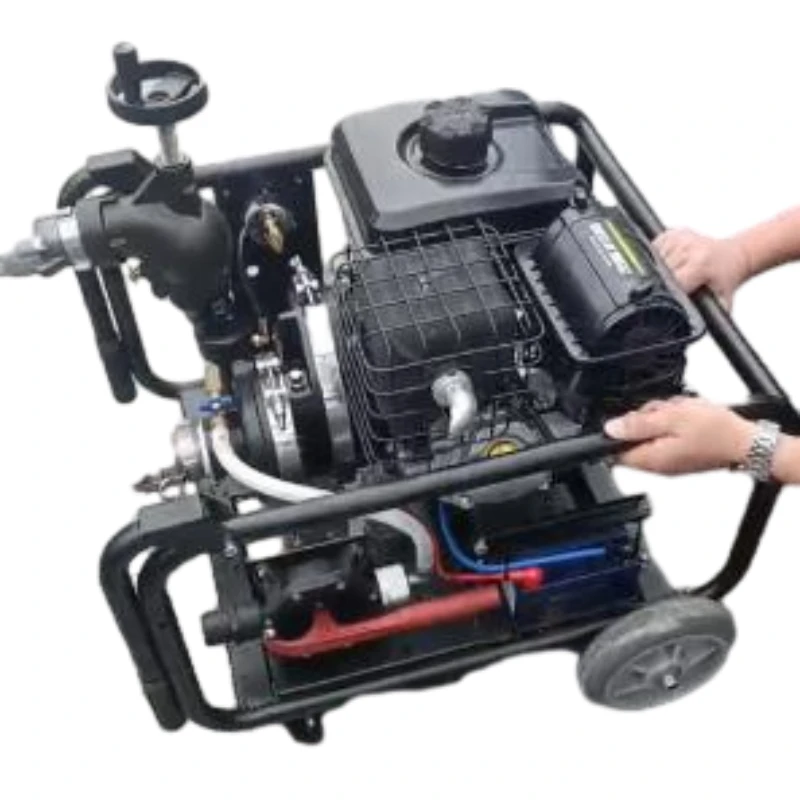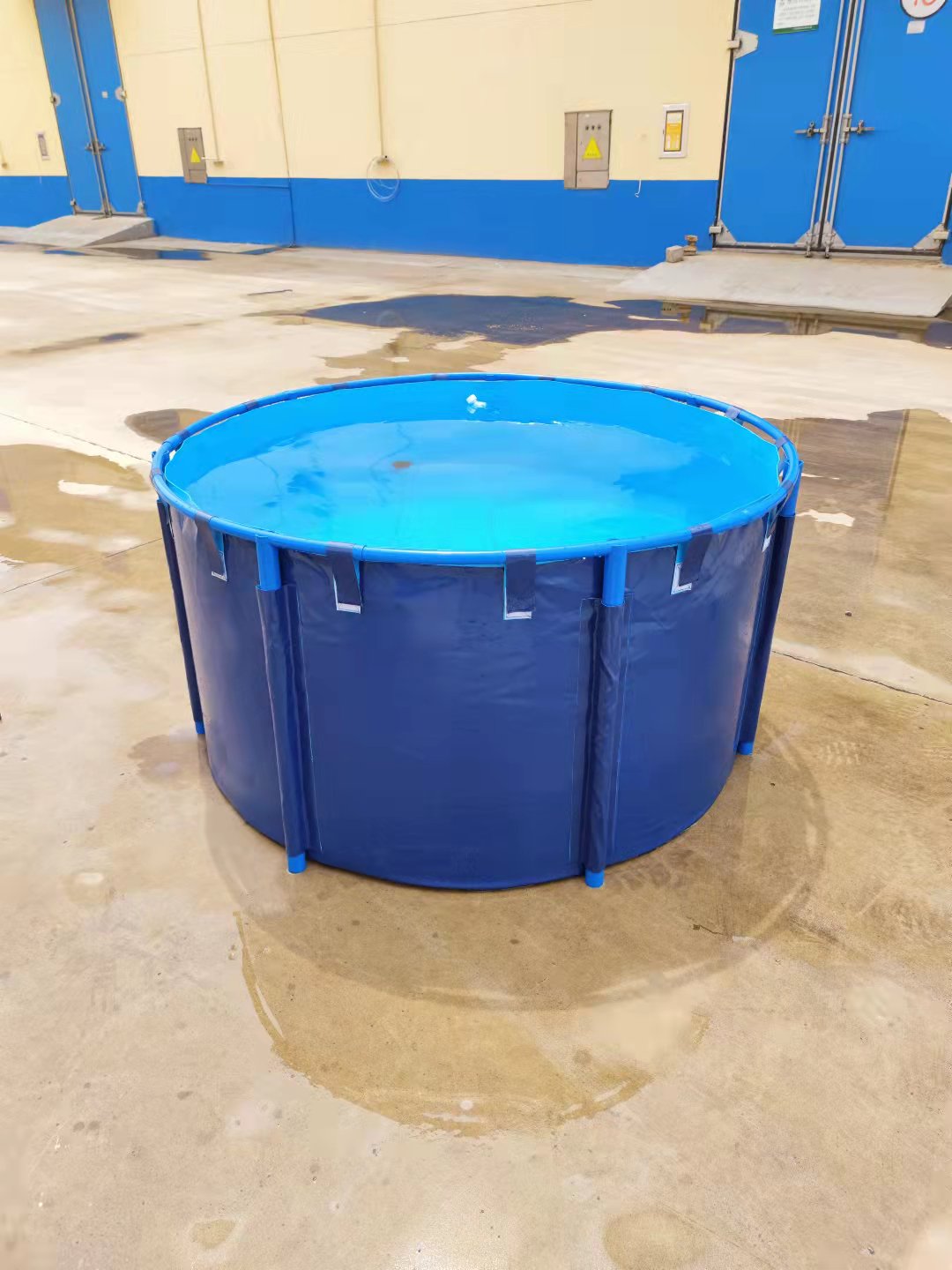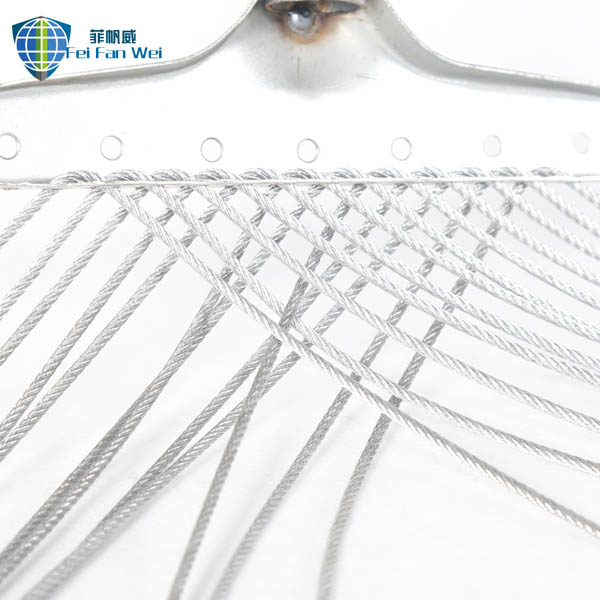Sprinkler Diesel Pump is a key solution in the industry, specifically within fire protection and industrial safety sectors. This article explores how FFWFireSafety supports professionals with durable, high-performance products, and explains why this product is an ideal choice for businesses in these sectors.
Table of Contents
- Sprinkler Diesel Pump Overview
- Benefits & Use Cases of Sprinkler Diesel Pump
- Cost, Maintenance & User Experience
- Sustainability & Market Trends
Sprinkler Diesel Pump Overview
Essentially, the Sprinkler Diesel Pump is a diesel-powered pump designed to supply water to sprinkler systems in emergency fire situations. What makes it interesting out in the field is its ability to operate independently from electrical grids — a critical feature especially when power outages hit during fires. The diesel engine kicks in automatically to guarantee the water keeps flowing without interruption.
- Typically, these pumps achieve flow rates averaging from 200 to 1000 liters per minute, with pressure ratings often between 10 and 16 bar, which suits most commercial and industrial sprinkler requirements.
- For example, FFWFireSafety’s model FFW-DP300 features a 6-cylinder diesel engine delivering 44 kW power, coupled with a centrifugal pump optimized for rapid pressure build-up in sprinkler piping systems.
| Specification | FFW-DP300 Model | Industry Standard Range |
|---|---|---|
| Power Source | Diesel Engine, 44 kW | 20 - 60 kW Diesel Engines |
| Max Flow Rate | 850 L/min | 200 - 1000 L/min |
| Max Pressure | 14 bar | 10 - 16 bar |
| Fuel Tank Capacity | 120 liters | 100 - 150 liters |
| Weight | 480 kg | 400 - 600 kg |
Benefits & Use Cases of Sprinkler Diesel Pump
When it comes to fire safety in commercial buildings, warehouses, and industrial plants, having a reliable sprinkler diesel pump isn’t just an option — it’s a necessity. These pumps provide the fail-safe water delivery during a fire emergency, even when electrical power falters. Oddly enough, many engineers note how the simplicity of diesel engines sometimes offers better robustness than complex electric alternatives.
- Applications typically include factories, fuel depots, large commercial complexes, and even offshore platforms where power reliability is questionable.
- Competitive advantages of FFWFireSafety’s pumps include automatic start capabilities, corrosion-resistant materials, and compact design that eases installation in tight pump rooms.
Cost, Maintenance & User Experience
Looking at total cost of ownership, diesel-powered sprinkler pumps usually win on durability and service intervals when compared to electric alternatives. While diesel fuel costs fluctuate, the maintenance tends to be straightforward — routine oil changes, filters, fuel quality checks — which most plant maintenance teams find manageable.
- Many customers report notable ROI through reduced downtime and less frequent component replacement. One steel manufacturing plant mentioned cutting emergency system failures by half after switching to FFWFireSafety’s sprinkler diesel pump.
- User experience is generally positive, with operators appreciating the intuitive control panels and the robust diesel engines’ ability to run under harsh conditions without fuss.
Sustainability & Market Trends
Sustainability might seem like a tough sell when considering diesel engines, but manufacturers are improving fuel efficiency and emissions control. Regulations in many regions now require diesel pumps to meet stricter environmental standards, pushing innovation — like FFWFireSafety’s low-emission engines and optimized combustion systems.
- The market is growing steadily, driven by stringent fire safety laws, urbanization, and industrial expansion in emerging economies.
| Vendor | Product Range | Price Level | Warranty | Special Features |
|---|---|---|---|---|
| FFWFireSafety | Wide (200 - 1000 L/min) | Mid-Range | 2 years | Auto-start, Low Emission |
| PumpMasters | Narrow (300 - 700 L/min) | Premium | 3 years | Remote Monitoring |
| SafeFlow Pumps | Wide (250 - 900 L/min) | Budget | 1 year | Basic Diesel Engine |
Frequently Asked Questions about Sprinkler Diesel Pump
- What is Sprinkler Diesel Pump and how does it work?
- It’s a diesel engine-driven pump designed to supply water pressure and flow to sprinkler systems during a fire. When sprinklers detect heat, the pump automatically starts running to push water through the piping and out the sprinkler heads, helping contain or extinguish the fire.
- What are the main benefits of using Sprinkler Diesel Pump in industrial applications?
- Key benefits include dependable operation during power outages, strong water flow rates suited for large-scale facilities, and generally lower maintenance costs. They’re also appreciated for their ruggedness and ability to function in harsh environments.
- How does Sprinkler Diesel Pump compare to traditional alternatives?
- Unlike electric pumps, diesel models don’t depend on potentially unreliable grid power. They tend to last longer under heavy use but require regular fuel and engine maintenance. Technologically, modern diesel pumps now feature automatic starts and cleaner emissions, standing up well against older setups.
- What industries can benefit most from Sprinkler Diesel Pump implementation?
- Industries such as manufacturing, petrochemical plants, warehousing, and commercial real estate all gain from this pump’s independent power supply. Anywhere fire safety is non-negotiable and power loss a risk, these pumps find their niche.
Conclusion on Sprinkler Diesel Pump from china
The sprinkler diesel pump remains a cornerstone for fire protection in demanding industrial settings. Trustworthy, robust, and increasingly tech-savvy, these pumps make sense for businesses prioritizing safety with minimal operational risk. To explore these durable solutions from an experienced supplier, feel free to visit our website and see what aligns best with your facility's needs.
- Robust diesel technology meets evolving fire safety demands.
- Ideal for sectors where power continuity is problematical.
References:
1. Industry Safety Reports 2023
2. Customer case study, SteelCo Facility 2022
3. FFWFireSafety product manuals and technical sheets









